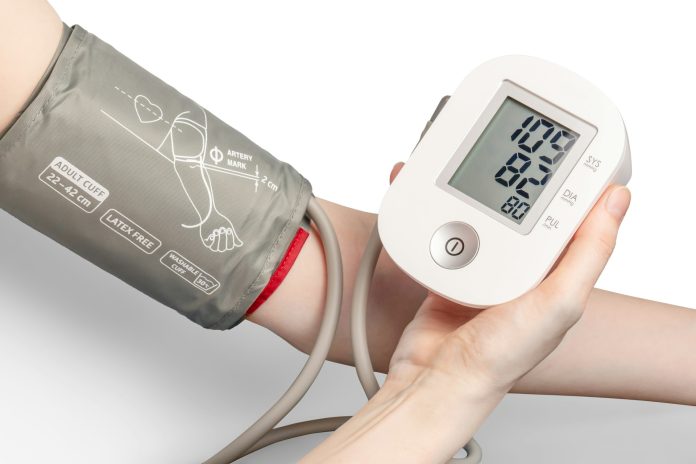The healthcare industry is experiencing rapid transformation driven by technological advancements, changing patient expectations, and regulatory changes. This blog will delve into the latest trends shaping the healthcare industry, including innovations in technology, new care delivery models, and the challenges faced by healthcare organizations in adapting to these changes.
1. Introduction to Healthcare Trends
- Digital Transformation: Healthcare organizations are embracing digital technologies to improve patient care, streamline operations, and enhance the overall healthcare experience.
- Value-Based Care: There is a shift towards value-based care, focusing on improving patient outcomes and reducing costs through proactive and preventive care.
- Patient-Centric Care: Patient-centric care is gaining prominence, with a focus on personalized and holistic care that considers the patient’s preferences and values.
2. Telemedicine and Remote Care
- Telehealth Services: Telemedicine and remote care services are becoming more widespread, enabling patients to access healthcare services remotely.
- Remote Monitoring: Remote monitoring technologies allow healthcare providers to monitor patients’ health remotely, reducing the need for in-person visits and improving patient outcomes.
3. Artificial Intelligence (AI) in Healthcare
- AI Applications: AI is being used in various healthcare applications, such as medical imaging, diagnostics, personalized medicine, and predictive analytics.
- Improving Efficiency: AI can improve the efficiency of healthcare operations by automating tasks, reducing errors, and optimizing resource allocation.
4. Data Analytics and Healthcare
- Big Data Analytics: Big data analytics is being used to analyze large volumes of healthcare data to identify trends, patterns, and insights that can inform decision-making.
- Predictive Analytics: Predictive analytics is helping healthcare organizations anticipate and prevent adverse events, such as hospital readmissions and disease outbreaks.
5. Wearable Technology and Health Monitoring
- Wearable Devices: Wearable technology, such as fitness trackers and smartwatches, is enabling individuals to monitor their health and wellness in real-time.
- Health Apps: Health apps are providing users with valuable health information, tracking their fitness goals, and facilitating communication with healthcare providers.
6. Challenges in Healthcare Innovation
- Data Privacy and Security: Protecting patient data is a major challenge, with the increasing use of digital technologies and the potential for data breaches.
- Regulatory Compliance: Healthcare organizations must comply with complex regulations and standards, which can hinder innovation and increase costs.
- Integration of Technologies: Integrating new technologies into existing healthcare systems and workflows can be challenging and require significant resources.























